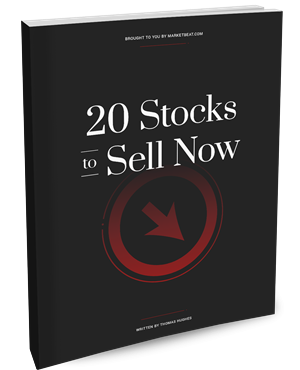Raymond James Financial Inc. Acquires Shares of 19,598 PhenixFIN Co. (NYSE:PFX)
Raymond James Financial Inc. acquired a new position in PhenixFIN Co. (NYSE:PFX - Free Report) in the 4th quarter, according to its most recent Form 13F filing with the SEC. The institutional investor acquired 19,598 shares of the company's stock, valued at approximately $992,000. Raymond James Financial Inc. owned approximately 0.97% of PhenixFIN at the end of the most recent quarter.
Separately, AlphaCentric Advisors LLC bought a new stake in PhenixFIN during the fourth quarter worth approximately $507,000. Institutional investors own 43.35% of the company's stock.
In related news, CEO David A. Lorber purchased 1,000 shares of the firm's stock in a transaction that occurred on Wednesday, March 5th. The shares were acquired at an average price of $53.92 per share, with a total value of $53,920.00. Following the purchase, the chief executive officer now directly owns 142,145 shares in the company, valued at $7,664,458.40. This represents a 0.71 % increase in their ownership of the stock. The purchase was disclosed in a legal filing with the SEC, which is available through the SEC website. Insiders bought a total of 2,600 shares of company stock valued at $137,681 in the last quarter. Corporate insiders own 24.40% of the company's stock.
PhenixFIN stock opened at $52.58 on Friday. The company has a debt-to-equity ratio of 0.87, a current ratio of 1.21 and a quick ratio of 1.21. The firm has a fifty day moving average price of $51.70 and a two-hundred day moving average price of $49.36. The firm has a market cap of $106.20 million, a price-to-earnings ratio of 6.45 and a beta of 0.88. PhenixFIN Co. has a fifty-two week low of $42.50 and a fifty-two week high of $57.40.
The business also recently declared a dividend, which was paid on Tuesday, February 18th. Shareholders of record on Monday, February 17th were issued a $1.43 dividend. The ex-dividend date was Friday, February 14th. This is an increase from PhenixFIN's previous dividend of $1.31. This represents a yield of 5.59%. PhenixFIN's dividend payout ratio is 5.89%.
PhenixFIN Corporation is a business development company. The firm seeks to invest in privately negotiated debt and equity securities of small and middle market companies. It primarily invests in the following sectors: business services; buildings and real estate; automobile; oil and gas; aerospace and defense; home and office furnishings, housewares, and durable consumer products; healthcare, education and childcare; personal, food, and miscellaneous services; retail stores, diversified or conglomerate manufacturing; telecommunications; mining, steel, iron, and non-precious metals; leisure, amusement, motion pictures, and entertainment; chemicals, plastics, and rubber; finance; personal and nondurable consumer products (manufacturing only); beverage, food, and tobacco; containers, packaging, and glass; structure finance securities; machinery (non-agriculture, non-construction, non-electric); diversified or conglomerate service; restaurant and franchise; electronics; and cargo transport.
This instant news alert was generated by narrative science technology and financial data from MarketBeat in order to provide readers with the fastest and most accurate reporting. This story was reviewed by MarketBeat's editorial team prior to publication. Please send any questions or comments about this story to [email protected].
Before you consider PhenixFIN, you'll want to hear this.
MarketBeat keeps track of Wall Street's top-rated and best performing research analysts and the stocks they recommend to their clients on a daily basis. MarketBeat has identified the five stocks that top analysts are quietly whispering to their clients to buy now before the broader market catches on... and PhenixFIN wasn't on the list.
While PhenixFIN currently has a Hold rating among analysts, top-rated analysts believe these five stocks are better buys.

MarketBeat has just released its list of 20 stocks that Wall Street analysts hate. These companies may appear to have good fundamentals, but top analysts smell something seriously rotten. Are any of these companies lurking around your portfolio?









